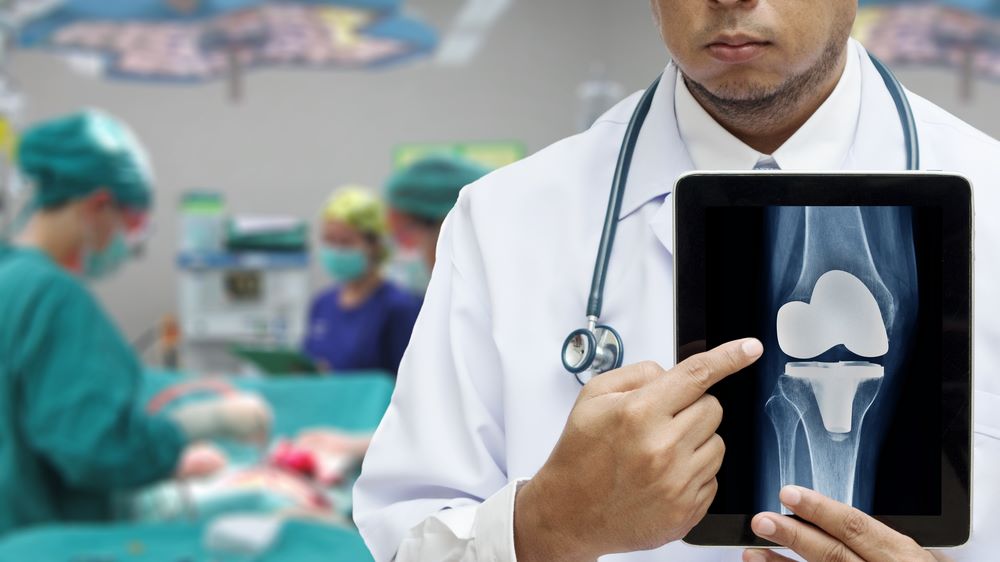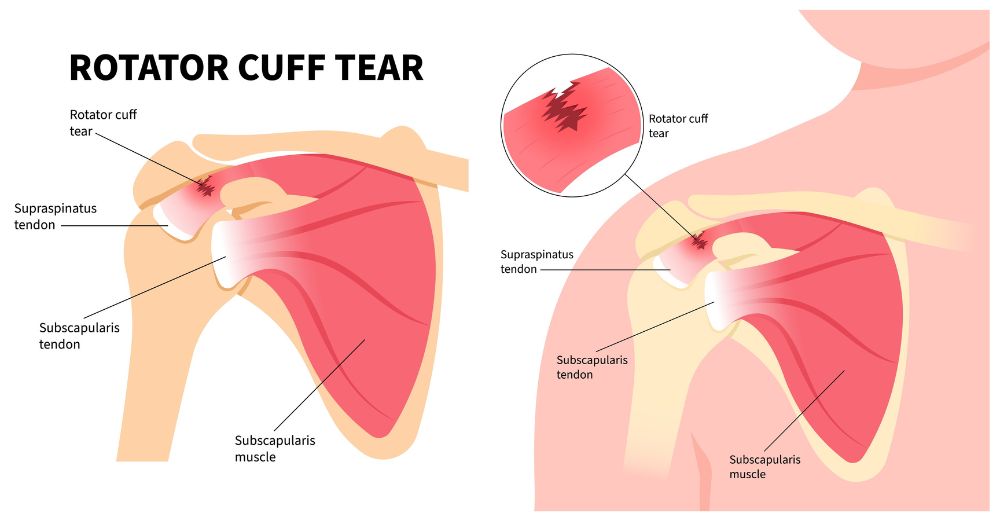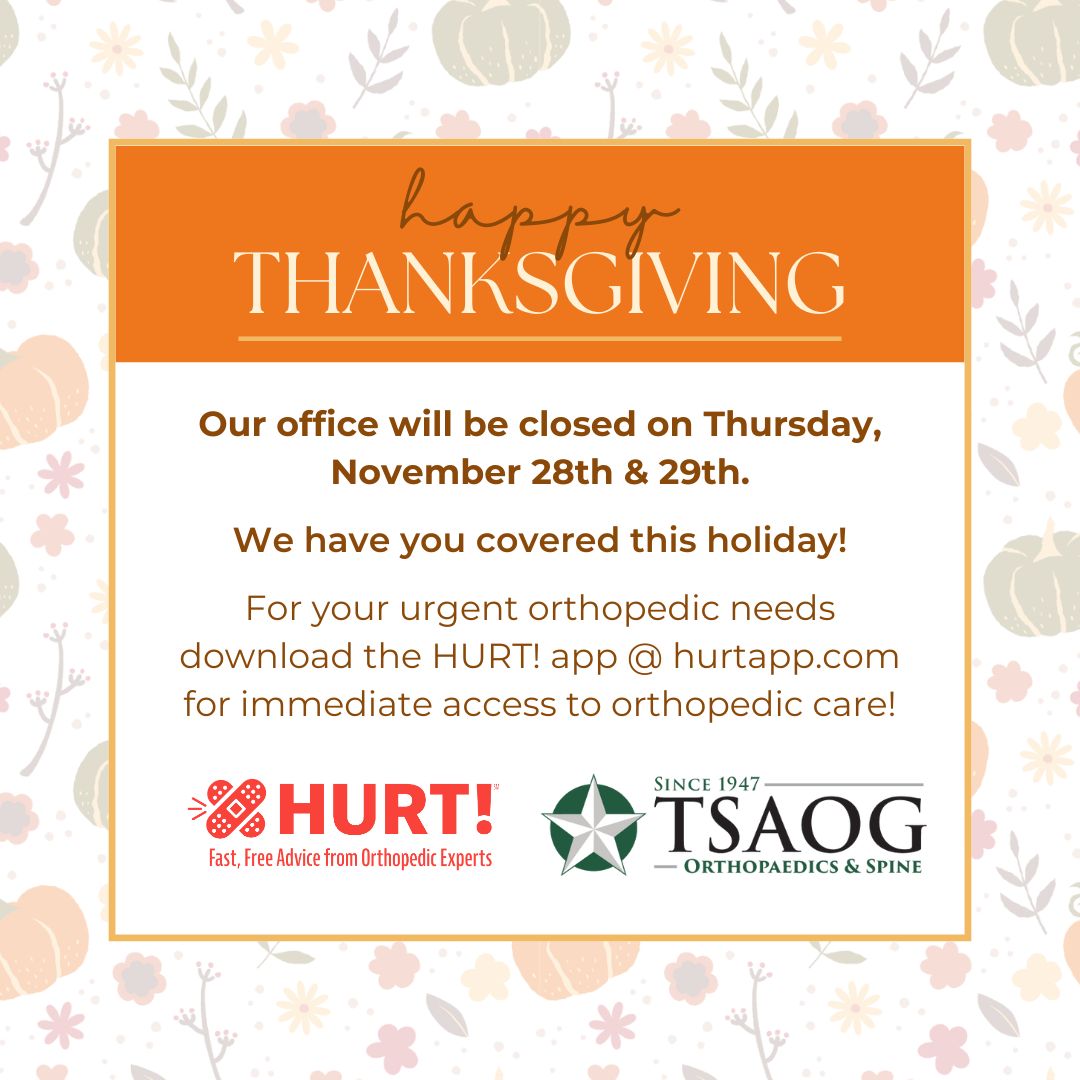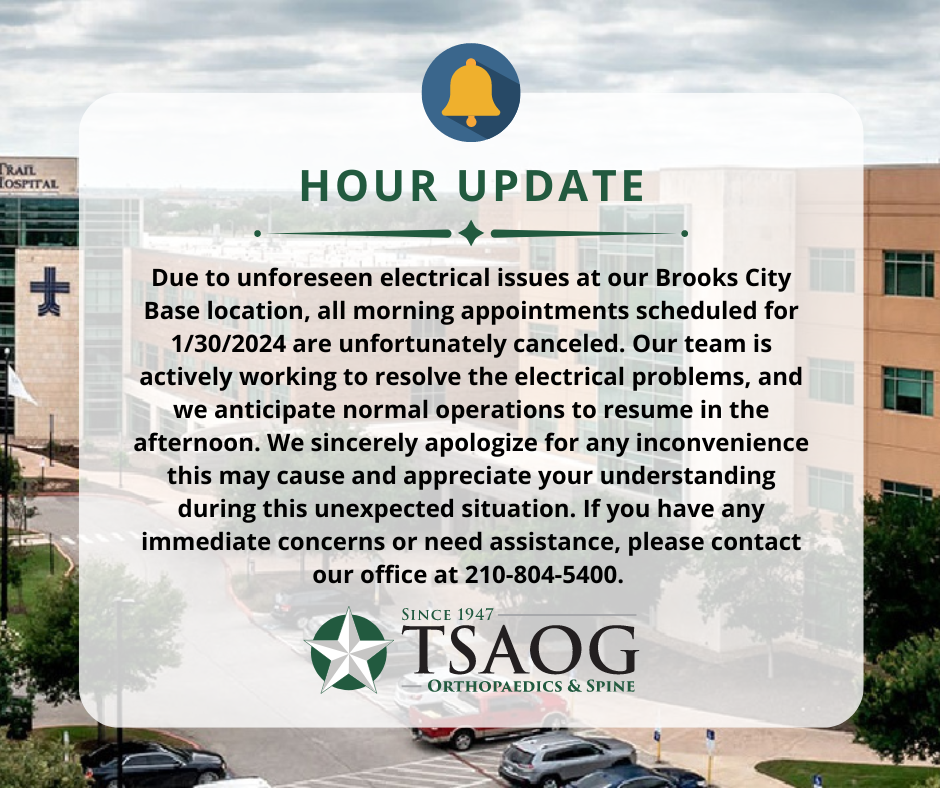If you and your physician have decided that knee replacement surgery is the best course of treatment for you, some preparation will be involved before your procedure. Preparing for knee replacement surgery can be exciting but also stressful. To alleviate any stress or uncertainty, it is best to go into the process with as much information as possible to make your procedure and recovery go as smoothly as possible. By the end of this article, you will be equipped with knowledge of what to do before and after your surgery to speed you along the path to recovery.
What to Know and Expect Before Knee Replacement Surgery
Approximately 30 days before your surgery, you will meet with your surgeon to outline pre and post-surgery expectations. During this time, your surgeon will conduct a variety of pre-surgery tests and outline necessary steps that should be taken before surgery. You and your surgeon may also discuss the following:- Recommend pre-surgery exercises such as stretching and strength training
- Questions about your procedure and potential health complications
- Accommodations that will need to be made to your daily routine
- Surgical treatment plan
- Recovery time
What to Prepare Before Knee Replacement Surgery
Before surgery, it is essential to plan ahead to ensure you are fully prepared for a smooth recovery. Recovering from a total knee replacement can take approximately 8-12 weeks. This can be a lengthy process and one that is difficult to go through alone. For that reason, it is crucial that before undergoing surgery, a support network is established. Your support network can comprise friends, family, or even a neighbor. This support network should be there to support you and help you before and after surgery. The better prepared you are around the house, the easier it will be for you and your caregiver after surgery. Below you will find some helpful home preparations recommended one week before surgery:- Make clear walking paths free of obstructions.
- Place important items in an easily accessible area.
- Ensure cords are tucked away to avoid a tripping hazard.
- A Shoehorn/Sock Aid Device
- An Elevated Toilet Seat attachment
- Cane/Walker/Wheelchair (See if your insurance will assist with this)
- A Reaching or Grabbing Tool
What to Know and Expect After Knee Replacement Surgery
Post-operation, your doctor will give you a protocol for caring for your incision and what activities you should and should not do. Something you should be aware of post-surgery is DVT (Deep Vein Thrombosis). DVT can occur in your lower extremities if you are inactive for prolonged periods and can potentially be life-threatening. To help avoid this do ankle pumps and ask your doctor if compression stockings are appropriate for you to wear. Physical Therapy will be invaluable in helping you maximize your mobility and strength post-surgery. You can expect the first few visits to therapy to be difficult, but well worth it. Doing your exercises in physical therapy alone will not be enough. It’s highly recommended to practice your home exercises as prescribed to you by your physical therapist. As you progress and gain range of motion, your exercises will shift more towards focusing on strength and balance. After surgery, you may need crutches, a walker, or a wheelchair to get around. You may not have the same stamina you did before your surgery, so consider this when taking trips or going out into the community. Once you are cleared, walking frequently can help rebuild this stamina.What To Do After Knee Replacement Surgery
Immediately after surgery, you will not be able to do much with your affected leg. A Quad Squeeze is a simple exercise that can help you in the long run. Simply contract the muscles above your knee and hold for 5-10 seconds, then relax and repeat this a few times throughout the day. Be sure to go to Physical Therapy consistently and minimize the number of sessions you miss. Keep an eye on your incision, and if you notice unusual redness, swelling, or other discoloration, please call your doctor. Finally, ask questions throughout the process; if something seems off, bring it up to your doctor or therapist and let them know your concerns. If you have any questions about your rotator cuff surgery or recovery process, contact our Joint Replacement Specialists. We can help you plan for the safest and fastest recovery possible.Looking for a Knee Specialist in the San Antonio, TX Area?















